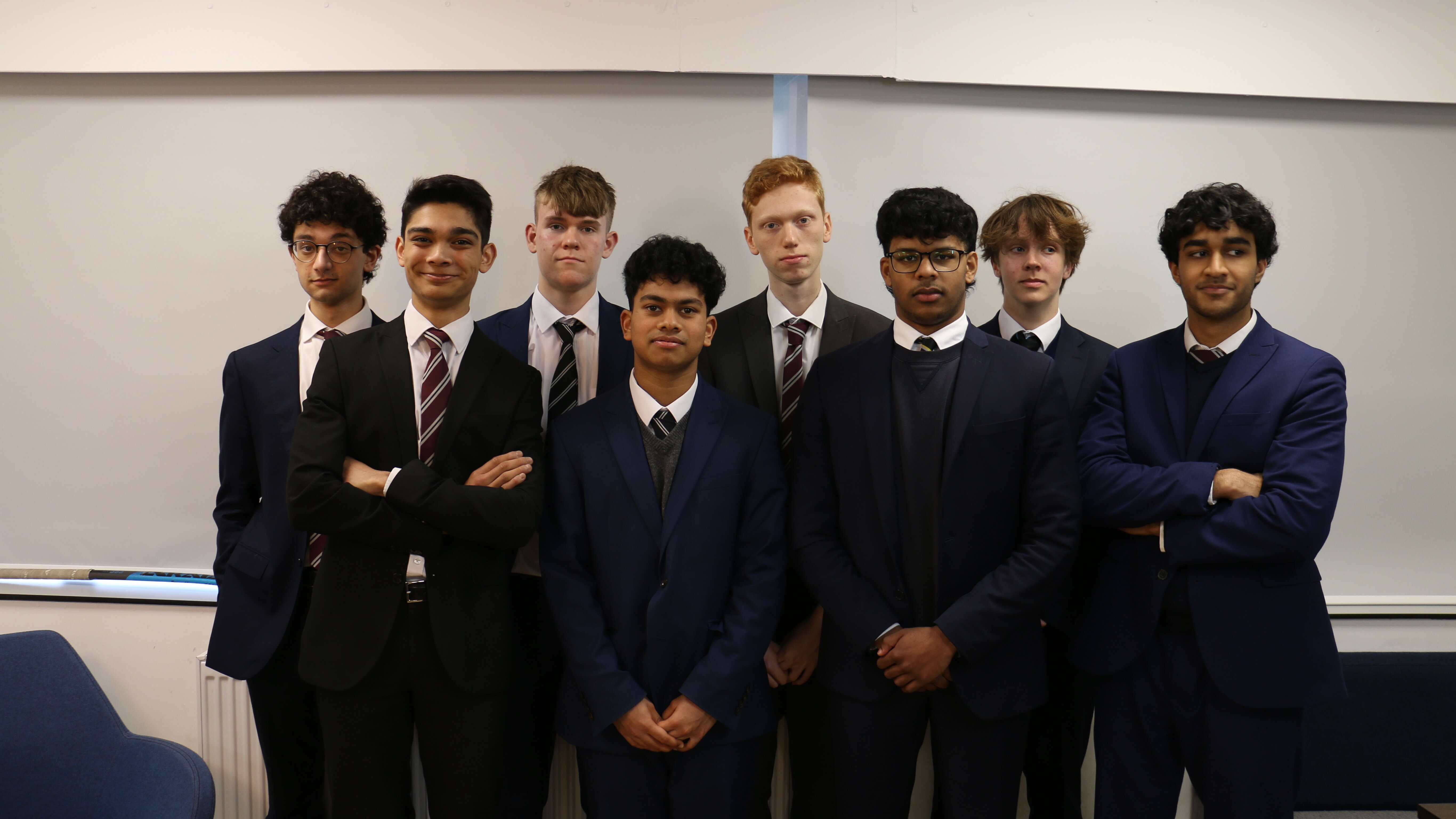Chemistry Olympiad 2024

Recently, Lower Sixth and Upper Sixth Chemistry students sat the Chemistry Olympiad. The results for this competition have just been published and our MTS boys performed to an exceptionally high standard.
The following Upper Sixth chemists attained a Gold award, placing them in the top 10% of students nationally.
M Johnson
Z Ahmed
A Quarry
F Siddiqui
R Gnanakuru
K Thayaparan
The Lower Sixth also produced some exceptional results, especially considering that they had covered only a quarter of the A Level curriculum prior to sitting the Olympiad (which is targeted at Upper Sixth students). It is therefore an outstanding achievement for H Carpmael to attain a Gold award in the Lower Sixth.
Furthermore, T Easterbrook (5ths) achieved a Silver award. Notably, he is the first Fifth Former at MTS to have sat the paper.
Mr M Powell
(Head of Chemistry)
Writes H Carpmael (Lower Sixth Form)
This year I was given the opportunity to take part in the 56th annual Chemistry Olympiad by the RSC, something I was quite excited to do. Due to the nature of the paper predominantly being aimed towards the Upper Sixth students who have covered a lot more of the A Level syllabus than us in the Lower Sixth, those of us in the Lower Sixth were at a disadvantage.
Fortunately, the school arranged Olympiad preparation sessions before hand, which I attended when I could. These sessions dived into topics we had not touched yet in our lessons. Memorably we learnt about Hess’ law, unit cells and retrosynthesis for organic compounds, all of which came up in the Olympiad. It was very lucky we were told about those!
Outside of the preparation sessions my revision focused mostly on organic chemistry, the chemistry of hydrocarbons and their products such as ethanol or propane. I did this as we can predict the properties of many complex organic compounds by considering their functional groups, the parts of the chemical that reacts, and their reactions. Organic chemistry typically constitutes at least a couple of questions in the paper and with the proper knowledge I figured that I could then answer these questions more easily. It was lucky I chose to do this as one of the questions was about an organic compound called gadopiclenol, which is a contrast agent used in MRI scans. This question required us to use retrosynthesis to try and figure out how this chemical is produced by using the functional groups it starts and finishes with, alongside some of the other reactants, figuring out the steps in between to get to the product. I enjoyed this question as it allowed me to use my problem-solving skills and my knowledge of reaction mechanisms to find out how to make a useful chemical.
Besides this question, we were asked about bronze, various iodine compounds and a fuel producing bacteria.
Overall, I really enjoyed the experience and I’m grateful for the chemistry department assisting in preparation and organizing the event for us to take part in.